![Proponents of the public option didn’t prevail in 2009. They’re still unlikely to do so today. [Photo: Scott Olson/Getty Images]](/sites/default/files/styles/teaser_list_thumbnail_large/public/title_images/GettyImages-92613210.jpg?itok=alSIrQRP)
What's known as the "public option" has been given a fresh push by Clinton's campaign and the Democratic Party this year. But while the Obamacare problems it seeks to address are real, it's an unlikely solution.
![Proponents of the public option didn’t prevail in 2009. They’re still unlikely to do so today. [Photo: Scott Olson/Getty Images]](/sites/default/files/styles/teaser_list_thumbnail_large/public/title_images/GettyImages-92613210.jpg?itok=alSIrQRP)
What's known as the "public option" has been given a fresh push by Clinton's campaign and the Democratic Party this year. But while the Obamacare problems it seeks to address are real, it's an unlikely solution.
![[Photo by Getty Images]](/sites/default/files/styles/teaser_list_thumbnail_large/public/title_images/GettyImages-516336064.jpg?itok=TtA_ZBY4)
Too often, people experience death in ways deeply at odds with how they'd wish to live out their final days. In a recent webinar, a policy expert and journalist shared ideas for how the U.S. healthcare system navigates the end of life.
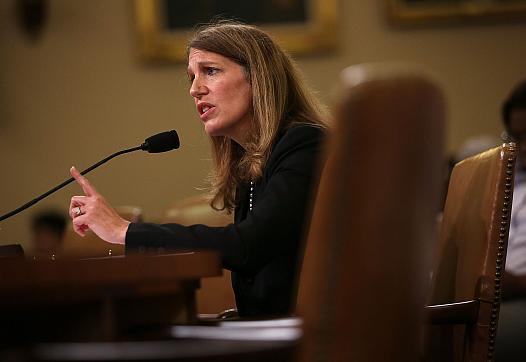
High levels of flux in the Obamacare exchanges make it a tough story to cover. Veteran observer Steven Findlay breaks down some of the key trends and offers reporters advice on how to make sense of the confusion.
Here we check in with prominent health journalists and experts to see what sites, newsletters and social media feeds they turn to first every morning. This week, we caught up with Charles Ornstein, senior reporter for ProPublica.
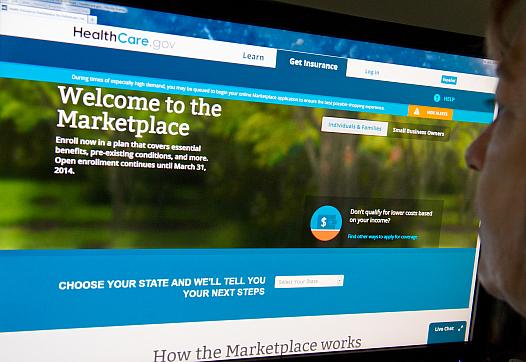
The health insurance co-ops created under Obamacare have largely turned out to be a massive failure. How did so many co-ops run aground so quickly? A look at their short, troubled history.
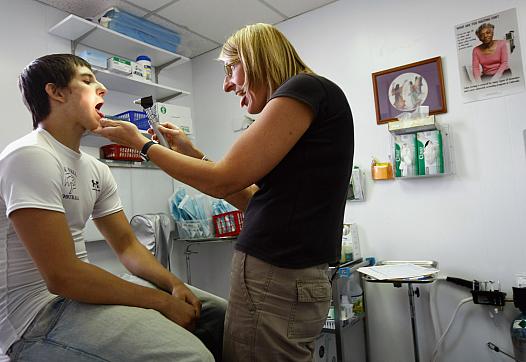
In covering the health care workforce beat, just reporting a simple number detailing the size of provider shortages or surpluses can be very misleading, explains researcher Susan Skillman in this tip sheet.

“We expected to find a larger difference between plans on and off the exchange,” said researcher Simon Haeder. “In both cases, it was very unlikely to get an appointment.”
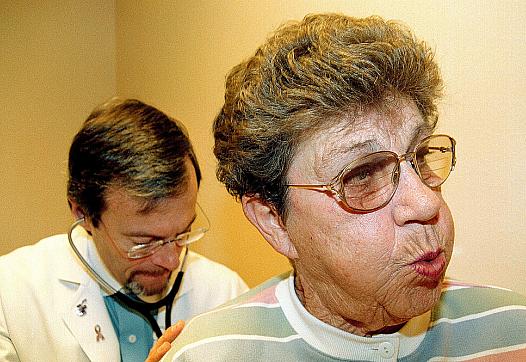
The goal of health care spending is to achieve good health results, and that requires measuring and rewarding success. Unfortunately, the measures likely to be used for the next stage of health reform won’t get us there.

Journalists can and should hold local hospitals accountable for matching a stated commitment to transparency with concrete actions. It's a difficult job, but here are some ways reporters can get started.
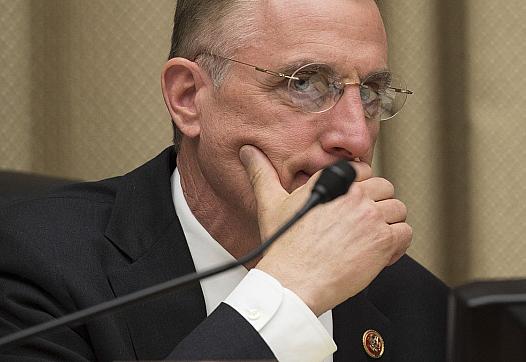
A long-deferred attempt to reform mental health care advanced out a House committee this week. Here's a look at how the bill seeks to change "the nation's broken mental health system," and some of the coverage to date.